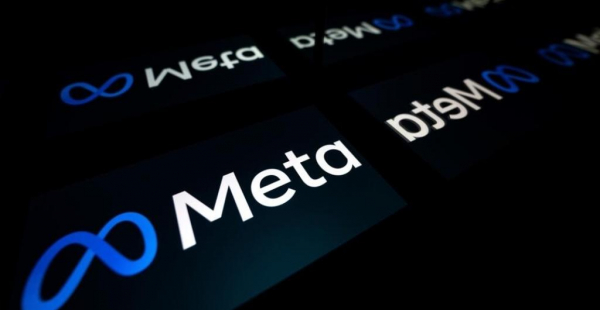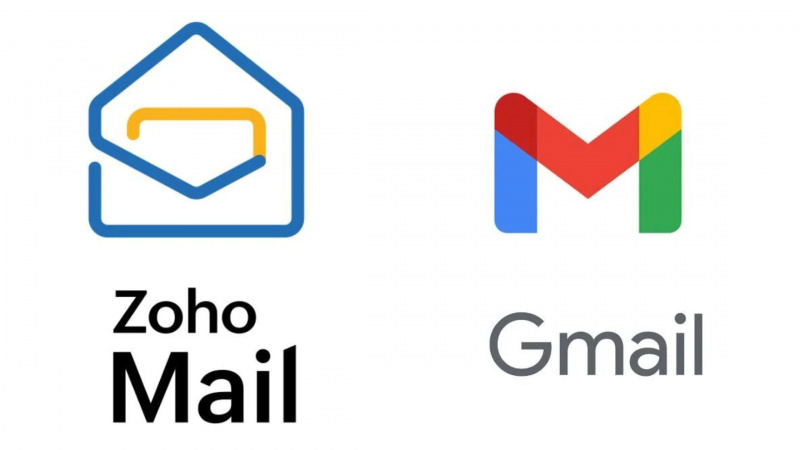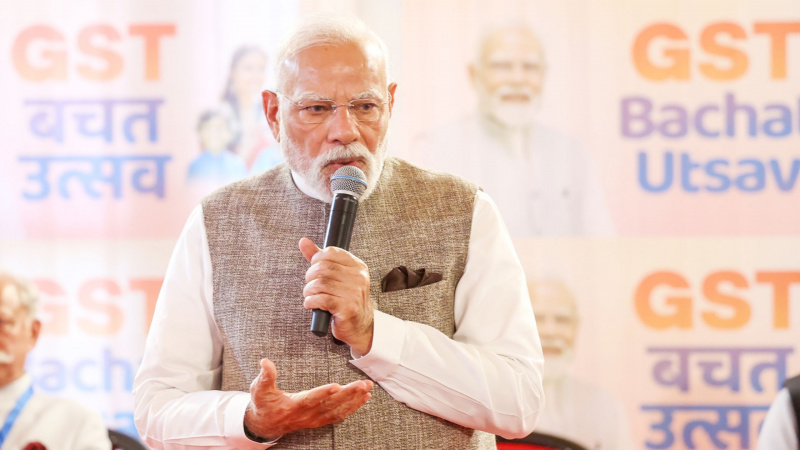Meta's Fact-Checking Decision Raises Warnings for India's Digital Space
The Challenges and Criticisms of Fact-Checking Despite the well-intentioned move, Meta’s fact-checking decision has come under scrutiny in India for several
- by B2B Desk 2025-01-10 07:15:26
Meta's recent decision to enhance its fact-checking initiatives in India has raised concerns and sparked a debate over the regulation of content on social media platforms in the country. With its vast user base in India, Meta (formerly Facebook) plays a significant role in the digital ecosystem, which brings both opportunities and challenges. As misinformation and fake news continue to spread, especially during critical events like elections and public health crises, Meta's move to strengthen its fact-checking system aims to curb this issue.
What Is Meta’s New Fact-Checking Strategy?
Meta has been working to curb the spread of misinformation by employing AI-powered tools, fact-checking partnerships, and user reporting systems. The company's approach in India includes collaborating with third-party fact-checking organizations to evaluate the accuracy of news shared on its platforms, including Facebook and Instagram.
Fact-checkers will assess potentially misleading or false content and flag it with labels. These labels aim to inform users that the post has been reviewed, giving them the opportunity to reconsider or verify the information before sharing it. Meta also emphasizes that flagged content will be demoted in the algorithm, reducing its visibility in users' feeds.
The Growing Need for Fact-Checking in India
India, with its massive internet penetration, is one of the largest markets for social media platforms like Meta. Unfortunately, it also grapples with significant challenges related to the spread of fake news, particularly around sensitive topics such as politics, health, and religion. False information on platforms can have serious consequences, from influencing election outcomes to creating communal unrest or fueling panic during health emergencies like the COVID-19 pandemic.
Meta’s fact-checking initiative aims to address this growing issue, but there are concerns about its effectiveness and the potential impact on freedom of speech.

The Challenges and Criticisms of Fact-Checking
Despite the well-intentioned move, Meta’s fact-checking decision has come under scrutiny in India for several reasons:
-
Bias in Fact-Checking
There are concerns about the impartiality of third-party fact-checking organizations, especially in a country as diverse and politically charged as India. Critics argue that the fact-checking process could be influenced by biases, particularly when it comes to politically sensitive content. The lack of transparency in the selection and functioning of these organizations raises doubts about whether all opinions and perspectives will be treated equally. -
Censorship and Freedom of Expression
Some view Meta's fact-checking as a form of censorship that could limit free speech. While misinformation is a genuine concern, critics fear that content flagged as false could stifle political or social discussions. In a democratic country like India, where a variety of opinions and voices are essential, there is a worry that fact-checking could be used to silence dissent or opposing views. -
Lack of Accountability and Transparency
There is also a growing call for greater accountability from platforms like Meta. Users and advocacy groups have demanded clearer guidelines on how decisions are made regarding which content gets flagged. The process of how fact-checking decisions are made and reviewed should be transparent, ensuring that the public can trust the platform’s claims and actions.
Impact on India’s Digital Space
Meta’s decision to strengthen its fact-checking operations could have a significant impact on the Indian digital space:
-
Increased Accountability for Content Creators
With the heightened scrutiny of content, creators, brands, and public figures will need to be more responsible when sharing news or making claims. They may be incentivized to fact-check their own content before posting to avoid the risk of being flagged or losing credibility. -
Enhanced User Awareness
This initiative could help improve the digital literacy of Indian social media users. By exposing users to fact-checking labels and encouraging them to critically assess the information they consume, Meta can contribute to creating a more informed digital community. -
Regulatory Scrutiny
The fact-checking decision could invite more attention from Indian regulatory bodies, which are already in the process of implementing stricter rules for social media companies. Meta's approach might prompt government officials to explore further regulations on content moderation, especially in the realm of misinformation.
Moving Forward: Striking a Balance
While Meta’s efforts to reduce misinformation are commendable, the company must strike a balance between content regulation and the protection of free speech. To build trust and ensure fairness, transparency in the fact-checking process is essential. Additionally, Meta should collaborate closely with diverse stakeholders in India, including civil society groups, political parties, and content creators, to create a robust and balanced framework for content moderation.
The future of India’s digital space depends on how social media platforms, regulators, and the public navigate the challenges posed by misinformation. Meta’s decision to ramp up its fact-checking efforts is a step in the right direction, but it will need continuous refinement to ensure that it serves both the interests of truth and freedom of expression.
Also Read: From Job Creation, Capex Push to Tax Reforms: What Union Budget 2024 Delivered
POPULAR POSTS
The Agentic Revolution: Why Salesforce Is Betting Its Future on AI Agents
by Shan, 2025-11-05 10:29:23
OpenAI Offers ChatGPT Go Free in India: What’s Behind This Big AI Giveaway?
by Shan, 2025-10-28 12:19:11
Zoho Products: Complete List, Launch Years, and What Each One Does
by Shan, 2025-10-13 12:11:43
Arattai vs WhatsApp: Which Messaging App Should You Choose in 2025?
by Shan, 2025-10-10 11:55:06
Top Buy Now Pay Later (BNPL) Apps for Easy Shopping in 2025
by Shan, 2025-09-22 10:56:23
iPhone 17 Sale in India Begins: Full Price List, Launch Offers and Store Availability
by Shan, 2025-09-19 12:00:45
Apple September 2025 Event Recap: iPhone 17, iPhone Air, Apple Watch Series 11, and India Pricing Revealed
by Shan, 2025-09-10 09:55:45
RECENTLY PUBLISHED

Loan EMIs to Drop as RBI Slashes Repo Rate - Full MPC December 2025 Highlights
- by Shan, 2025-12-05 11:49:44

Pine Labs IPO 2025: Listing Date, Grey Market Premium, and Expert Outlook
- by Shan, 2025-11-05 09:57:07

Top 10 Insurance Companies in India 2026: Life, Health, and General Insurance Leaders Explained
- by Shan, 2025-10-30 10:06:42

Best Silver Investment Platforms for 2025: From CFDs to Digital Vaults Explained
- by Shan, 2025-10-23 12:22:46

Zoho Mail vs Gmail (2025): Which Email Platform Is Best for Businesses, Startups, and Students?
- by Shan, 2025-10-09 12:17:26

PM Modi Launches GST Bachat Utsav: Lower Taxes, More Savings for Every Indian Household
- by Shan, 2025-09-24 12:20:59




 Subscribe now
Subscribe now 